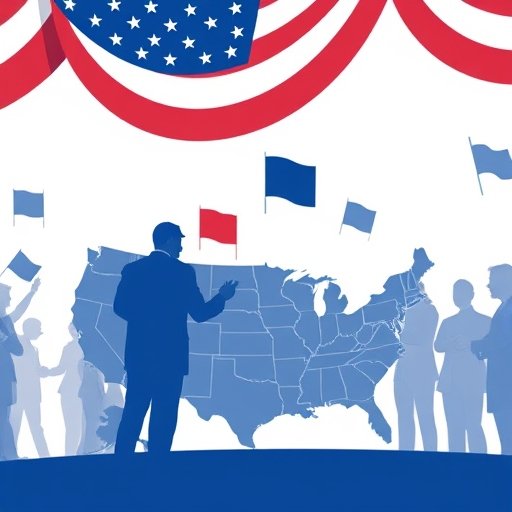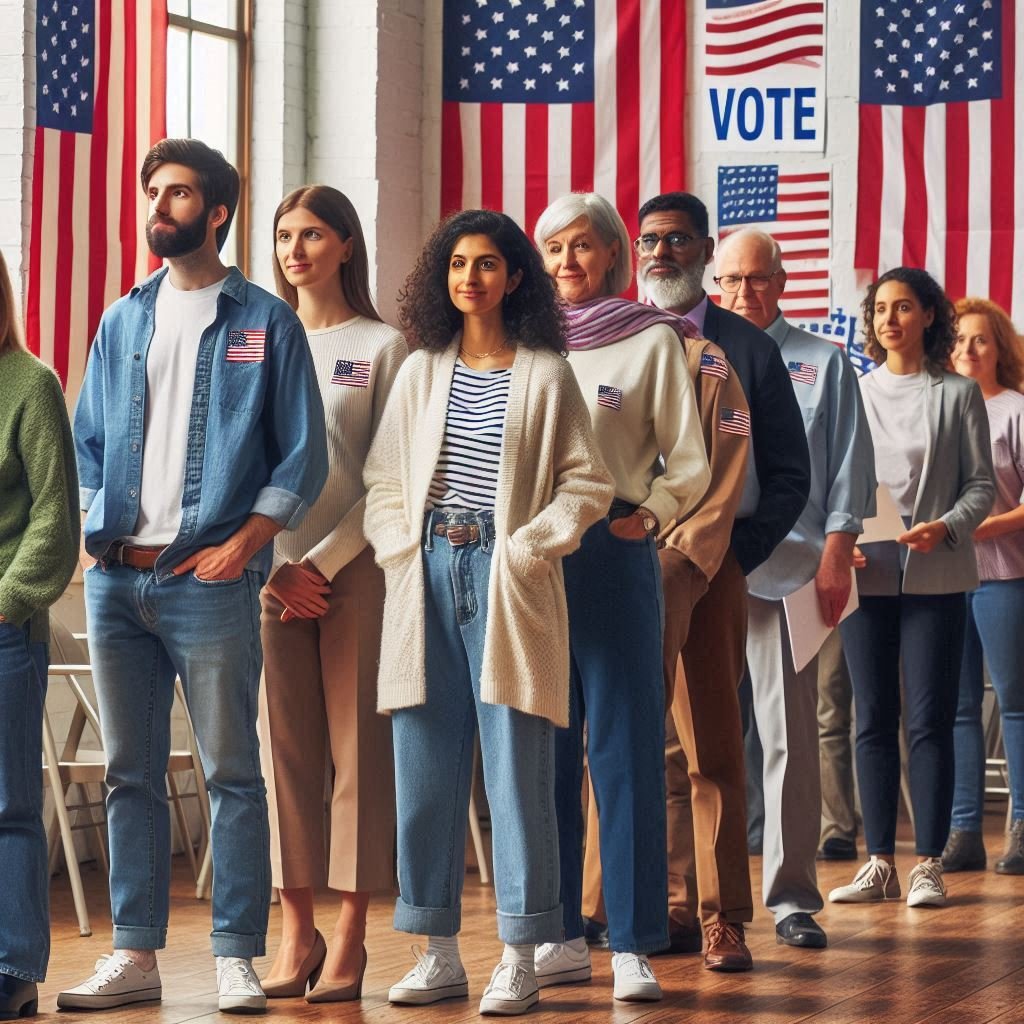1. Introduction: The Growing Problem of Election Misinformation
Election misinformation has become a serious concern for voters and political leaders alike. Both Democrats and Republicans are affected by false claims and misleading information, which can impact public trust in the election process. In the digital age, fighting misinformation has become a priority for both sides.
2. How Misinformation Impacts Elections
Misinformation can spread rapidly on social media, confusing voters and eroding trust in the political system. False claims about voting procedures, election fraud, and candidates’ platforms can discourage voter turnout or sway opinions based on inaccurate information. Both parties are impacted, as voters are exposed to misleading narratives from various sources.

3. Democrats’ Approach to Combating Misinformation
The Democratic Party has implemented several strategies to address election misinformation:
- Fact-Checking Platforms: Democrats often partner with independent fact-checkers to debunk false claims quickly.
- Social Media Guidelines: Democratic leaders work with social media platforms to flag or remove false content related to elections.
- Public Awareness Campaigns: Efforts are made to educate voters about how to verify the accuracy of the information they see online.
4. Republicans’ Approach to Combating Misinformation
The Republican Party also faces challenges with misinformation and uses its own strategies:
- Legal Action: Republicans have pursued legal avenues to correct false information and prevent further spread.
- Grassroots Efforts: The party engages in community outreach to directly inform voters about accurate election procedures and counter misinformation.
- Media Partnerships: Republican leaders have formed alliances with conservative media outlets to address misinformation and ensure voters receive reliable information.

5. Challenges in Fighting Election Misinformation
Despite efforts from both parties, combating misinformation remains difficult:
- Social Media Speed: Misinformation can spread faster than corrections or fact-checking, making it hard to keep up.
- Voter Distrust: Many voters are skeptical of information from official sources, leading to confusion even when false claims are debunked.
- Partisan Bias: Sometimes, voters believe misinformation because it aligns with their political views, making it harder to correct.
6. The Role of Voters in Stopping Misinformation
While political parties and social media platforms play a role, individual voters can also help fight election misinformation:
- Verify Before Sharing: Always check multiple sources before sharing election-related information.
- Use Trusted Sources: Rely on reputable news outlets and official election websites for accurate information.
- Report Misinformation: Flag false information on social media to help prevent it from spreading further.
7. Conclusion: A Joint Effort to Address Election Misinformation
Election misinformation is a problem that affects both Democrats and Republicans, and both sides are taking steps to tackle it. However, the fight against misinformation requires a collective effort from political leaders, social media companies, and individual voters. By staying informed and verifying facts, we can help ensure that the 2024 election is based on truth and transparency.
